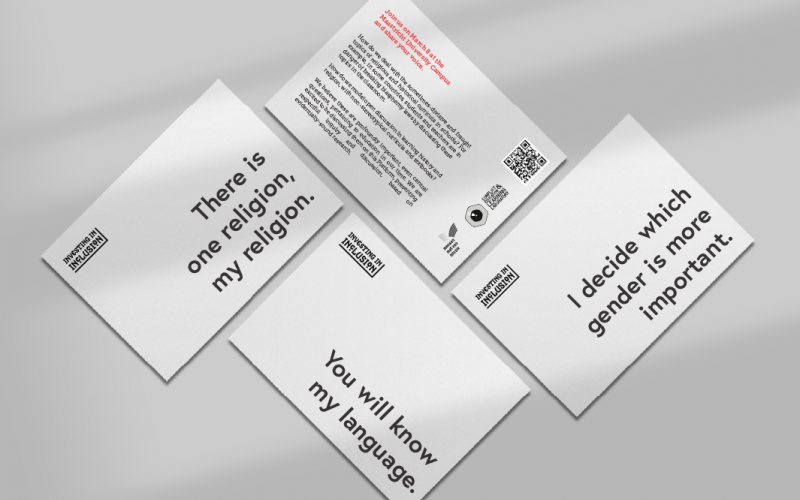Reflecting on the key findings of the Pakistan Symposium, the Roundtable was a high level event with an emphasis on inclusive curriculum, nationalism, identity and religion in the context of Pakistan. Furthermore, the discussions at the Roundtable included the impact of the Blasphemy Laws in Pakistan on education, inclusivity and the state of religious and ethnic minorities - an issue of particular importance to Europe, the Netherlands and the global community as a whole.
For more information about the Pakistan Symposium? Go to www.educationandinclusion.eu
The Roundtable was moderated by Owen Bennett-Jones, formerly of the BBC and will be attended by Hans Wesseling, the Permanent Representative of the Netherlands to UNESCO, Dragoljub Popovic, former judge of the European Court of Human Rights and Ambassador of Croatia to Switzerland, and Eckhardt Fuchs, Executive Director. The Eckert Institute of Textbooks amongst others including remote participation from Pakistan of some of the most high profile educational and policy experts.
The Brussels Roundtable provided an opportunity for discussion about the interconnected challenges of listening, belonging, and collective responsibility when it comes to educating and nurturing young people today. The participants will strive to highlight key policies and practices in schools and in classrooms and society at large. Policies and practices that support youth as conscious agents of social change and the varied strengths of different schoolwide approaches to students’ sociopolitical development. The participants explored how to develop educational materials and curricula that support the healthy development of all of our young people as they contend with a social world fractured by religious and ethnic intolerance, structural oppression, and racism.
Recent discourses about immigration, discrimination, and national identity have often overlapped with those about religion, belonging, and citizenship. In our global landscape, as well as in Pakistan, we find ourselves living alongside neighbors whose beliefs and practices are quite different from our own. Pakistan is gifted with a religiously, culturally, linguistically, and ethnically diverse society. With this diversity, there is a growing need to discuss religious freedom — and its limits — in Pakistan just like in other democratic societies. These are not easy conversations, and the tone of recent debates about religious freedom worldwide suggests that we need to get better at talking about these issues, or else risk further polarization in societies, particularly in one as diverse as Pakistan.
Using the above as the starting point, the interdisciplinary panel at the Brussels Roundtable - through the lens of the Pakistan SNC and the Blasphemy Laws in the country - will discuss inclusion and exclusion and religious differences in educational curricula and textbooks and in educational institutions in the country. The Roundtable will also consider the role that education and educational curricula can play in promoting informed and civil conversation about religious freedom and the responsibilities of citizenship in a democracy.
How can schools help youth from religious and ethnic minorities resist the negative effects of racial injustice and challenge its root causes?

